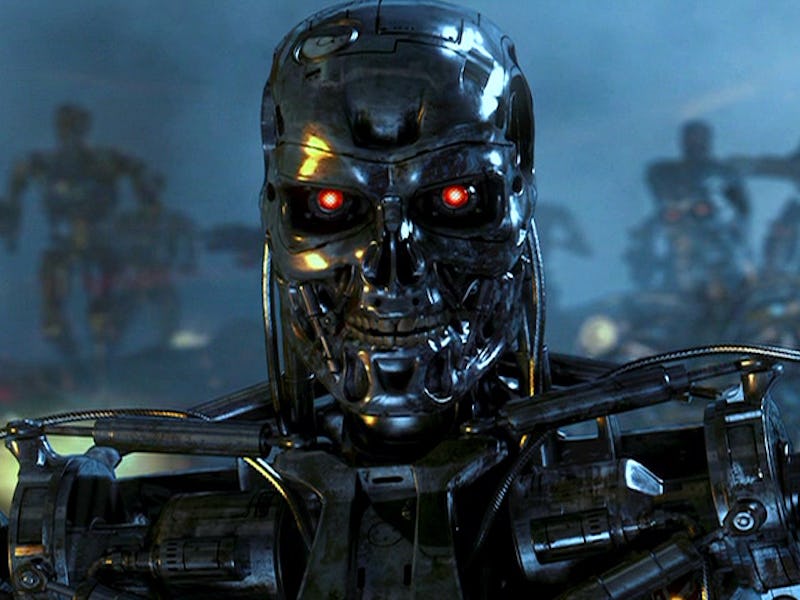Not Creating A.I. May Be a Bigger Threat to Humanity, Says Facebook Expert
Tomas Mikolov is concerned about the future.

Artificial intelligence could outsmart and enslave humanity, but our species’ future could turn out even worse if we don’t advance in the field. That’s according to Tomas Mikolov, a research scientist at Facebook A.I. Research, who believes that catastrophic events could have a detrimental effect on society, and it may be machines that save humans from themselves.
“There are these arguments that maybe we should not develop A.I. because it’s going to destroy us,” Mikolov said at the Human-Level Artificial Intelligence conference organized by GoodAI in Prague, Czech Republic on Saturday, describing this scenario as resulting from science fiction drama. “What if actually not achieving A.I. is the biggest existential threat for humans? As the technology is getting increasingly complex, we are producing more artificial substances that could get into the environment. We as humans are actually very bad at making predictions. What will happen in some distant time, 20, 30 years from now if we make some bad decisions? Maybe actually it will be A.I. that will help us to become much smarter.”
Researchers across the industry are grappling with the issue of super-smart A.I. taking control. Elon Musk has called for stronger government regulation, Stephen Hawking warned it could destroy humanity, and roboticist Noel Sharkey is just one of many experts warning about autonomous weapons. A Future of Life Institute survey last year found 15 percent of researchers think A.I. will be either bad or extremely bad for the species.
See more: Facebook Readies A.I. For Its Greatest Challenge Yet: Guiding Tourists
Mikolov’s comments touch on a more positive aspect of this new technology, though. A.I. is helping save coral reefs, discover new medical drugs, and research new cancer treatments. Norway has used smarter machines to integrate more renewable energy into the grid, while Indian farmers have boosted crop yields by 30 percent in some cases. With NASA declaring last year the second-hottest on record, such advancements could help avoid a major calamity.
Mikolov did agree with Musk on one thing, though. He claimed that developing a symbiotic relationship between man and machine could avoid computers taking over, echoing Musk’s efforts with his firm Neuralink.
Editor’s Note: The Human-Level Artificial Intelligence conference funded Inverse’s travel and accommodation to cover the event, but the organization has no input over Inverse’s editorial coverage.